The most common question we get as web people is “how much does a website cost”. We appear cagey when we stumble through the answer, but the truth is the answer is complicated. It’s difficult to nail down even a ballpark guess without asking a whole bunch of questions and balancing a whole bunch of factors. So let’s ask those questions and put those factors on the table so you can find your own ballpark guess.
Why does it feel like the website cost is being held back?
Admittedly it can look nefarious as your web person appears to avoid the question. Most often though, that’s not at all what’s happening. They need to get the lay of the land first so that nobody is hit with any uncomfortable surprises (and when dealing with websites, almost all surprises are uncomfortable).
There’s also a matter of sale strategy. Some people believe in being completely up front about cost in an effort to steer clear of half-serious clients or tire-kickers, while others believe you outline all the reasons you’re amazing and then you reveal your price. Neither strategy is good or bad, it largely comes down to personal preference on both sides of the table. For example, if my main selling point is that I’m incredibly pleasant to work with, dropping a price right off the bat completely ignores my #1 benefit. On the other hand, not providing that price means I could be taking a lot of meetings that end in sticker shock. If you feel your potential web person is beating around the bush on this issue, it’s likely that they’re trying to balance this problem.
Commonly overlooked factors in website cost
Obviously things like size and complexity are going to play a role in how much the site will cost, but there’s many other factors that are often overlooked. Some of them include:
What’s your timeline like?
It’s possible that your web person is juggling several projects at once, so a job that takes 70 hours can’t necessarily be cleaned up in 2 neat and tidy 35 hour weeks. Rush jobs can add exponential complexity, so that often drives cost up because they might only have 2 hours per day available.
Do you have content ready to go?
Content is the most overlooked barrier to progress for a few reasons. The client often sees it as something only they can do, but if they don’t write a lot of web content, they don’t have an accurate barometer on how long it can take. This can dismantle a timeline in no time flat.
In addition to this, the type of content can break a design. If your designer comes up with 3, well-balanced sections that each have a main photo, a background photo, a headline, and 2 paragraphs of text, but you come back with 3 paragraphs total with no images, then things are going to need to be redesigned (which will take more time on top of the time already spent). For this reason if you want to keep your costs down, have content ready to go early.
What company will be hosting the site?
This is one that you won’t really care much about, but your web people will take a particular interest in. Hosting is the garden from which your website will grow, and if the soil sucks, the experience of planting in it will be frustrating. On the other hand, if the soil is top notch, time and nerves can be spared. If you can, collaborate with your web person to come up with a hosting solution instead of buying the cheapest option and bringing it to them.
How many people are at the table making decisions?
In the same vein as the content discussion above, the more people that are making decisions, the more likely it is to see sweeping changes that can cost tons of time. Web people typically only get burnt by this a couple times before they adjust their pricing strategy. In short, the more people at the table, the longer things are going to take, so the more you have to charge.
Where does the web person live?
Web companies are typically smaller outfits that don’t have standardized prices like a chain. They often charge in relation to their cost of living, so you can’t expect a website from somebody in Manhattan to cost similarly to one in Moose Jaw, Saskatchewan.
How big is your company?
A mom and pop shop likely won’t receive the same quote that an arm of the government would. That’s not necessarily a nefarious practice, but more a reflection of the potential complexities. A company with 9 employees is going to have very different needs from one with 300, even if the sites appear similar on the surface.
How is the site to be made?
There’s many different ways to build sites, and they all have benefits and trade-offs. Sometimes you might need something quick and dirty, while in other scenarios you might need something more refined and flexible.
So can you at least try?
Ok fine. I suppose since I’ve already outlined all the pitfalls above, we can do our best to layout a range of budgets and what you get for each one. Just keep in mind:
- All website costs are in Canadian dollars
- Mileage will vary based on region or even time of year
- Company offerings can vary substantially
$0-$3000
- If you find yourself in this price range you’re likely going to be dealing with a service such as Squarespace or Wix where you’ll be building the site yourself, or having a family member or friend help you out.
- Sometimes you might find somebody who has a service available that charges in this range where you don’t get much say. They might have a look and feel already hammered out, you’ll be providing the content, and what you get it what you get.
- Some people are naturally curious about technology and find this type of thing interesting and do not see diving into it as a poor use of time. If that’s you and you find yourself in this budget range, this is a fine path forward.
$3000-$6000
- At this price range you’re starting to talk to people who do this for a living.
- You’re likely dealing with an individual or team of 3 or fewer.
- This site is going to fall into the category of brochure website with an extra feature such as a blog. A brochure website is typically the most basic of sites, outlining who you are, what you do, and how to find you. The site doesn’t technically do much beyond that.
- The design of this site will likely be a prebuilt theme, meaning it won’t be built solely for you.
- This offers the person making the site some breathability with their timeline, but keep in mind it might restrict you in how you want to edit it. The ability to adjust a section to behave a certain way or to adjust layout the content a certain way may not be available.
$6000-$10,000
- At this budget your site is becoming more complex and can do more impressive things.
- At this range we can start talking about custom builds, where the site is built directly with your business in mind. Your design is flexible and changes are moderated more by imagination than timeline.
- These sites can be a bit more dynamic, with news feeds, blogs, press releases, reports, team listings… you name it.
- Because the sites can be hyper-flexible, you are less limited when the time comes to expand your offerings.
10,000-$20,000
- At the lower end of this range, we start looking at money changing hands via the website.
- Usually this person has a product or service to sell
- Complexity raises with money because certain precautions need to be taken (security for example).
- It also creates a sequence of events that needs to be carefully crafted. How are the products displayed? What happens when the user clicks on the item to buy it? How do they enter their credit card? Address? Are you shipping something to them? Offering them a download? How are you notified of the purchase and does it link into some existing system? How will you handle refunds?
- Money changing hands is something that always feels quite basic, but can snowball quickly and your website cost can rise dramatically.
- This is also where you see Search Engine Optimization projects begin to kick off. Many potential clients have “getting on the top page of google” high on their list until they realize it lands them in this price range.
- This could also be a company that has more employees than a typical small business (perhaps we’ve gone beyond 20 people)
- At this price you’re often dealing with either a specialized contractor or a small agency. You may have multiple people working on your project at the same time, such as a project manager, dedicated designer, and dedicated developer.
$20,000+
- At this budget you’re likely working with an agency of multiple people or doing something that isn’t typically offered. Most websites will have their needs covered by available tools or plugins, but sites in this price range often have overly-specific needs that require custom tool development.
- There could be content creators here, along with user experience specialists, and search engine optimization pros.
- I didn’t add an upper limit to this category because I’m not sure one exists. A large company going to an agency for a quote can easily eclipse a ballpark figure of $100,000.
So there you have it…
Again, this is a complex question to answer. With so many variables in play, the only way to get to an accurate estimate is to approach the question with honesty and clear communication. Remember the early stages are all about finding that best fit, so use the points above to give yourself a reasonable idea of what your site might cost, and go find yourself somebody who can help.




